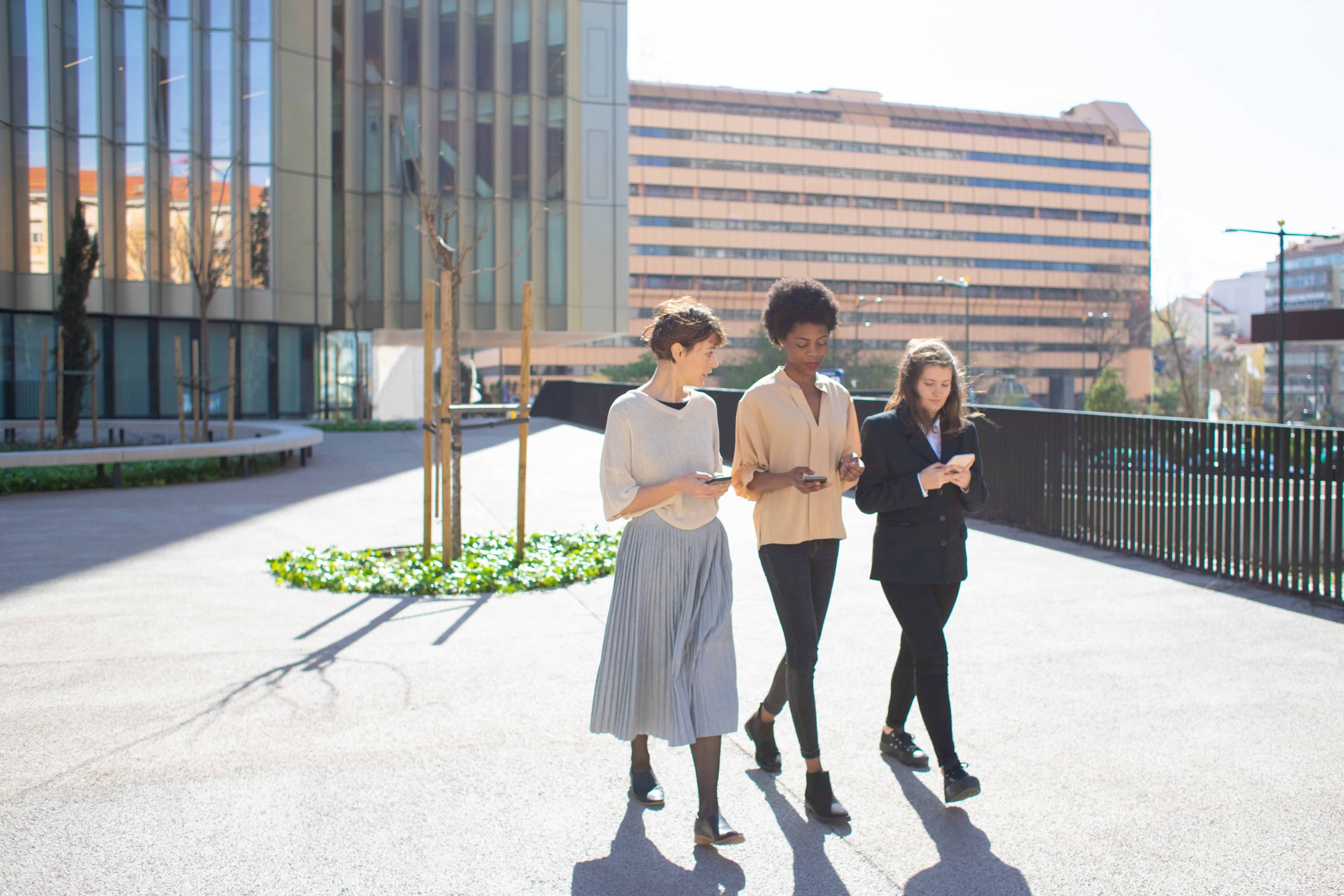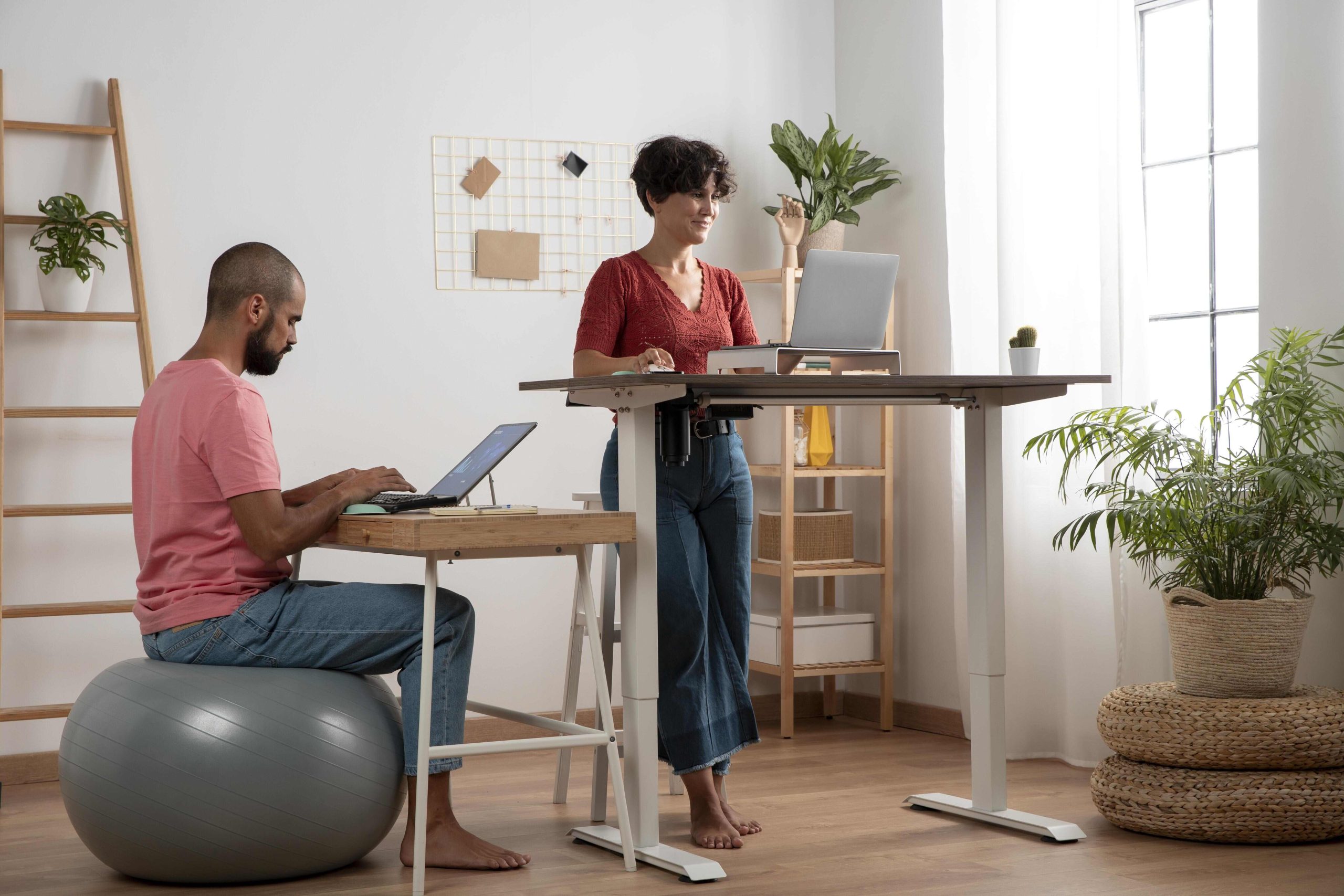Coworking spaces, once designed to provide freelancers and startups with flexible office solutions, have evolved significantly in recent years. Today, they are no longer just about shared desks and Wi-Fi—they’ve transformed into lifestyle hubs that prioritize wellness, community, and professional growth. With wellness programs, networking events, and an emphasis on creating meaningful connections, coworking spaces are redefining the modern workspace.
The Changing Face of Coworking Spaces
The rise of coworking spaces began as a response to the gig economy and remote work trends, providing independent professionals with an affordable and collaborative alternative to traditional offices. However, as the workforce has shifted, so have expectations of these spaces. People are looking for more than a place to work—they want an environment that nurtures creativity, supports mental and physical well-being, and fosters genuine connections.
To meet these demands, coworking spaces have started incorporating amenities and programs that go beyond the basics. They are evolving into lifestyle hubs that combine work, wellness, and community in one location.
Wellness in the Workplace
- Onsite Fitness and Wellness Programs
Many coworking spaces now offer yoga classes, meditation sessions, and fitness facilities to help members maintain a healthy work-life balance. For example, spaces like WeWork and Industrious frequently organize group workouts or provide access to wellness rooms where members can decompress. The emphasis on wellness stems from a growing awareness of the connection between physical health and productivity. By offering these resources onsite, coworking spaces encourage members to prioritize self-care without sacrificing work time. - Healthy Eating Options
Beyond providing coffee and snacks, some coworking spaces have started offering nutritious food options or even partnering with local health-conscious vendors. From smoothie bars to catered lunches featuring organic and plant-based meals, these spaces make it easier for members to make healthy choices during their busy workdays. - Mental Health Support
Coworking spaces are also addressing mental health by providing access to counselors, offering mindfulness workshops, and creating quiet zones for reflection. These initiatives recognize the importance of mental well-being in fostering a productive and positive work environment.
Networking and Professional Growth
- Curated Networking Events
Networking is a key draw for coworking spaces. Many host curated events like industry-specific meetups, guest speaker sessions, or happy hours designed to bring like-minded professionals together. These gatherings not only help members expand their professional networks but also create opportunities for collaboration and innovation. For instance, coworking spaces like The Wing and The Riveter are known for organizing panel discussions featuring industry leaders, providing members with insights and connections that can advance their careers. - Skill-Building Workshops
Many coworking spaces offer professional development programs, including workshops on topics like public speaking, digital marketing, or coding. These programs allow members to upskill and stay competitive in their fields while forming connections with peers who share similar goals. - Cross-Industry Collaboration
The diversity of members in coworking spaces—ranging from tech entrepreneurs to creatives—creates unique opportunities for cross-industry collaboration. This diversity fosters an environment where innovative ideas can flourish, making coworking spaces ideal for startups and small businesses looking to grow.
Building a Sense of Community
- Shared Values and Purpose
Modern coworking spaces are emphasizing shared values, such as sustainability, inclusivity, and creativity, to create a sense of belonging among members. By aligning their mission with the interests of their communities, these spaces cultivate environments where members feel connected and supported. - Flexible Social Spaces
The design of coworking spaces is also changing to reflect their new role as lifestyle hubs. Lounge areas, rooftop terraces, and game rooms are becoming standard features, offering members a chance to relax and connect in a casual setting. These spaces encourage spontaneous conversations and build camaraderie among members. - Personalized Experiences
Some coworking spaces use technology to personalize the member experience, offering tailored event recommendations or introducing members with shared interests. Apps and member directories allow individuals to connect easily, further enhancing the sense of community.
Why the Evolution Matters
The transformation of coworking spaces into lifestyle hubs is more than just a trend—it’s a response to the evolving needs of the modern workforce. As people spend more time working outside traditional office settings, they’re seeking environments that promote well-being, collaboration, and personal growth.
By integrating wellness programs, networking opportunities, and a sense of community, coworking spaces are positioning themselves as essential resources for professionals looking to thrive in both their work and personal lives. This evolution not only benefits individual members but also contributes to a healthier, more connected workforce overall.
Conclusion
Coworking spaces are no longer just places to work—they’re becoming integral parts of people’s lifestyles. By offering wellness programs, fostering networking opportunities, and creating vibrant communities, they’re redefining what it means to work in the 21st century. As these spaces continue to adapt and innovate, they will remain at the forefront of supporting professionals in achieving balance, productivity, and fulfillment in their lives.















Leave a Reply